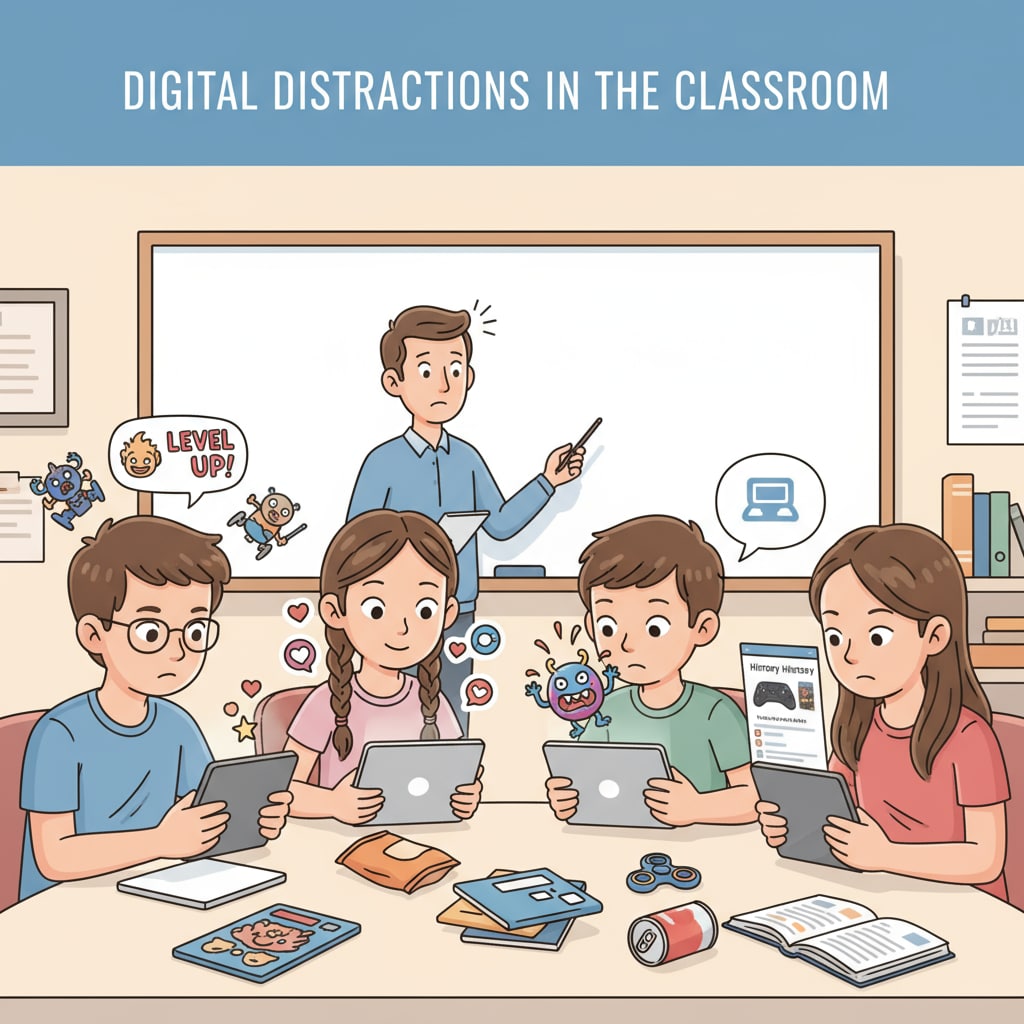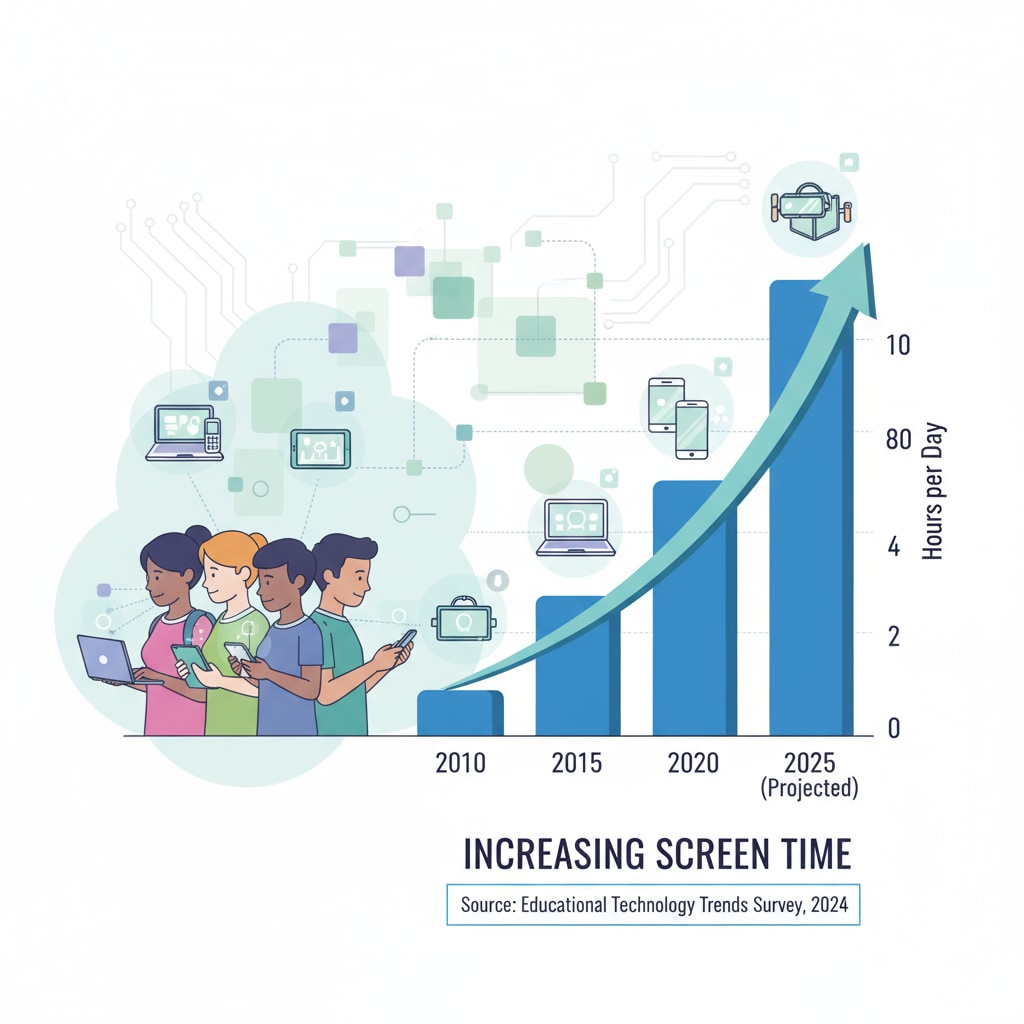Deep thinking, cognitive barriers, and sleep quality are crucial aspects in the development of K12 students’ cognitive abilities. In today’s digital age, students are facing increasing challenges in maintaining deep thinking. The decline in this ability not only affects academic performance but also their future success in a complex world.

The Plight of Declining Deep Thinking Ability
One of the main issues is the prevalence of digital distractions. Smartphones, tablets, and various online platforms are constantly vying for students’ attention. For example, social media notifications can disrupt their concentration, making it difficult to engage in deep thought processes. According to Pew Research Center, the average time spent by teenagers on digital devices has significantly increased in recent years, which has a negative impact on their ability to think deeply.

Physiological Factors and Cognitive Barriers
Physiological factors also play a role. Poor sleep quality is a common problem among K12 students. Lack of sufficient sleep can lead to cognitive barriers, such as difficulty in concentrating and processing information. Research from Sleep Foundation indicates that sleep is essential for the brain to consolidate memories and perform complex cognitive tasks. When students don’t get enough sleep, their deep thinking abilities are impaired.
In addition, diet and physical activity can affect cognitive function. A diet high in sugar and processed foods may lead to fluctuations in energy levels, which in turn can impact concentration. Lack of regular physical activity can also contribute to cognitive sluggishness.
To address these issues, a multi-faceted approach is needed. Firstly, parents and educators should emphasize the importance of sleep management. Establishing regular sleep schedules and creating a conducive sleep environment can improve sleep quality. Secondly, optimizing the learning environment to reduce digital distractions is crucial. This could involve setting limits on device use during study time. Finally, innovative teaching methods that encourage deep thinking, such as project-based learning and critical thinking exercises, can help students develop their cognitive abilities.
Readability guidance: By understanding the challenges of deep thinking, cognitive barriers, and sleep quality, we can take steps to help K12 students regain and enhance their deep cognitive abilities. This will better prepare them for future academic and career success.


